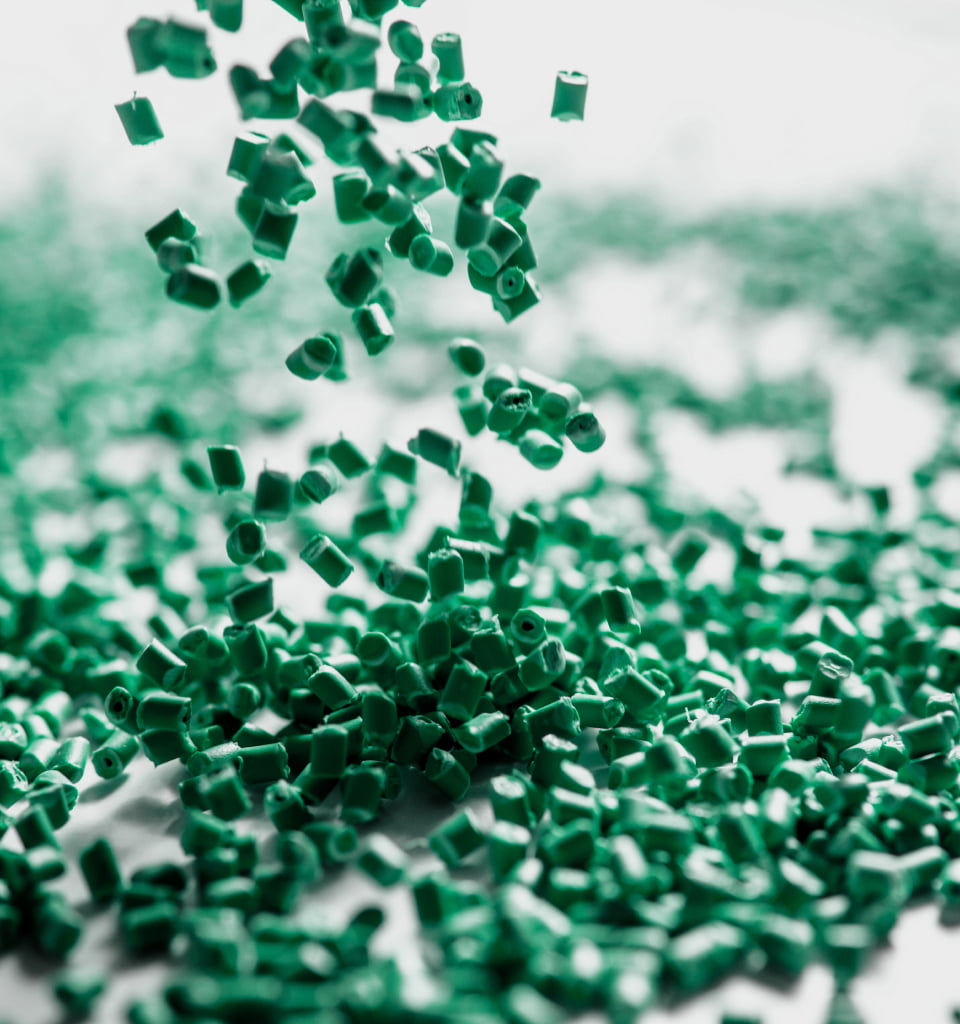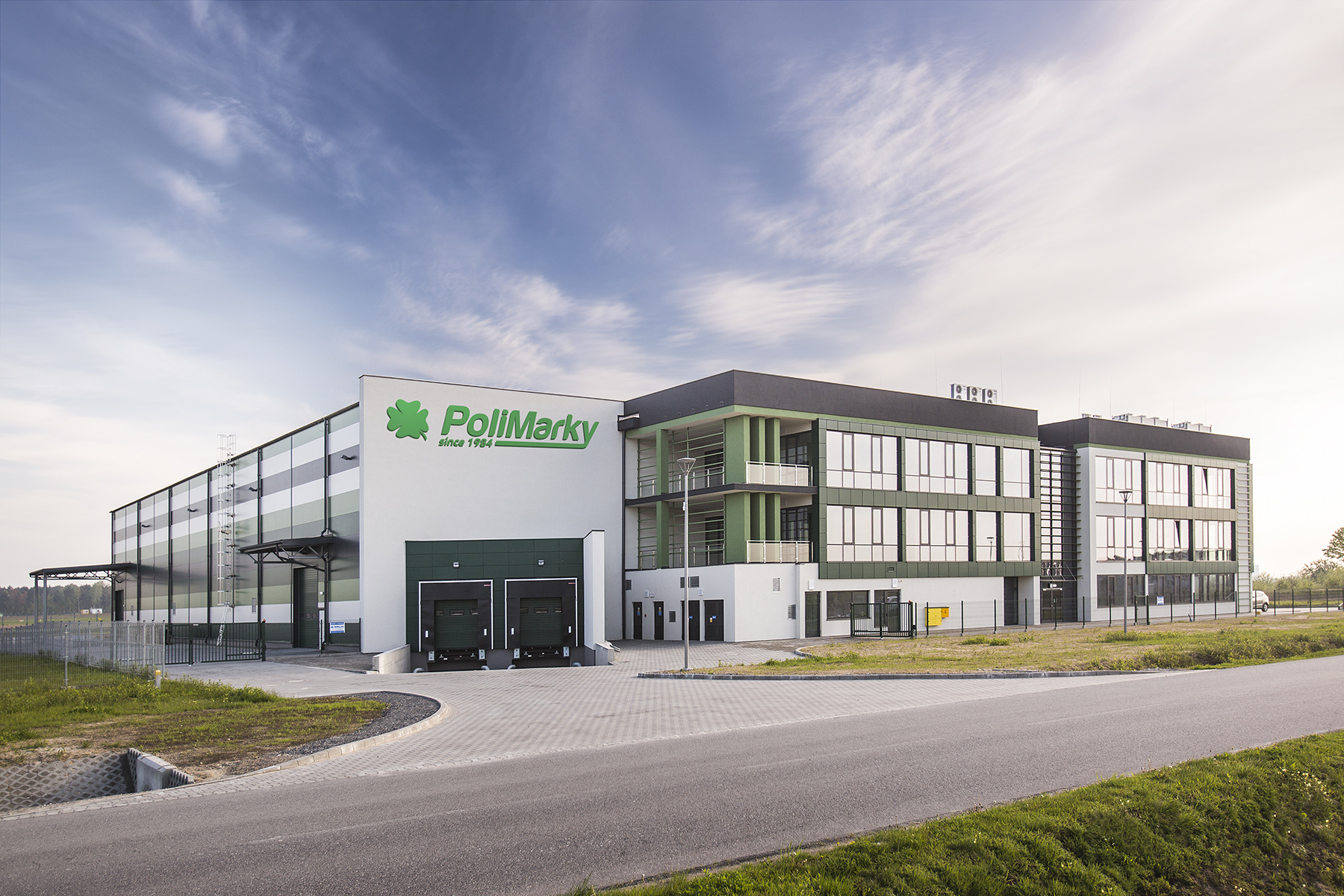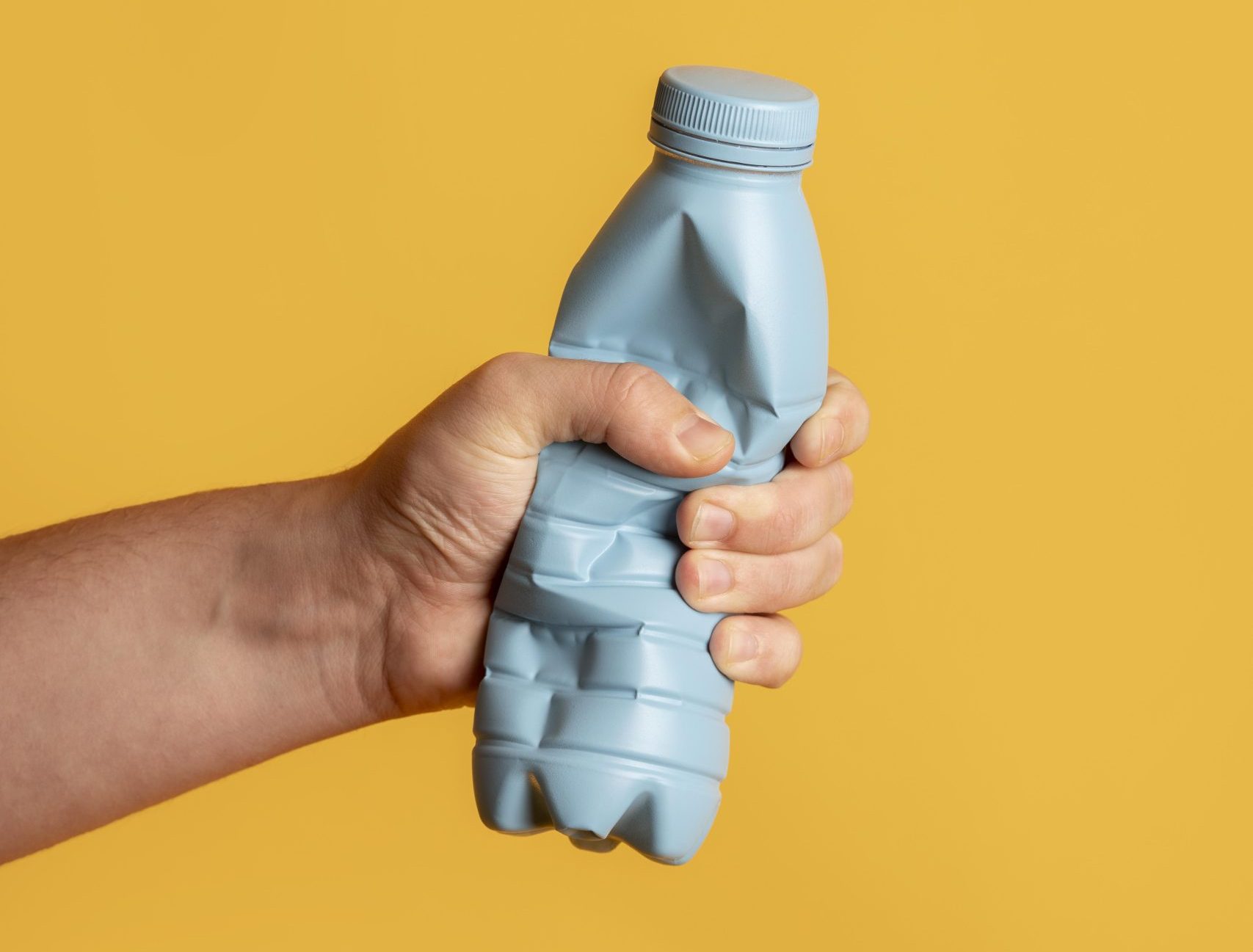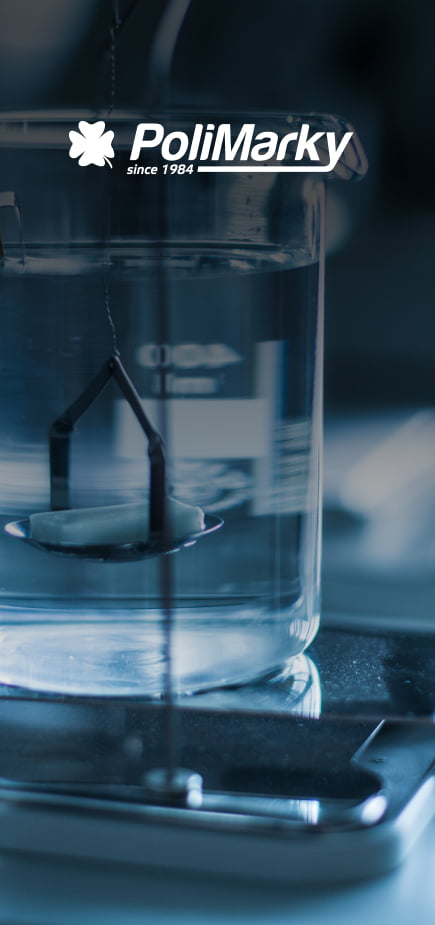Polimarky, one of Poland’s longest-standing independent compounders, unveiled its new product line: RESTON. The innovative material offers numerous design possibilities and represents a viable alternative to traditional engineering plastics. The modifications presented were developed entirely in-house by Polimarky’s R&D.
RESTON is a thermoplastic compound based on polyketone, a semi-crystalline polymer with a perfectly alternating chain structure. This unique carbon-carbon base gives it a rare combination of rigidity, strength, and flexibility.
The currently available grades of RESTON are primarily tailored for household appliances, automotive applications, and electrical & electronic (E&E) components. Thanks to polyketone’s versatile properties, the RESTON family can also find application in future under-the-hood automotive parts, gears, toys, packaging, and even medical applications.
Developed by Polimarky, RESTON allows manufacturers to adopt a cutting-edge material without major investments in processing technologies. The compounds can be formed by injection, extrusion, rotational molding, and blow molding. Polyketone can also be used to produce fibers, coatings, and films. The material offers short injection molding cycle times, excellent mold replication, and a low tendency for warpage, often without conditioning. Unlike POM, it does not release formaldehyde, tetrahydrofuran, and nitriles, and features low VOC emissions.
Polyketone also exhibits a reduced environmental impact in terms of carbon footprint. Lower than that of common engineering plastics like POM, PA6, or PA6.6.
“We’re introducing an innovative product that doesn’t trigger unnecessary disruption in plastic processing workflows,” says Piotr Skwierz, Managing Director at Polimarky. “Our goal is to provide solutions that match market expectations and support sustainability, while also simplifying operations and optimizing processes for our clients. With the rise of biocompounds, organic additives, and recyclate-based plastics, materials like RESTON enable a practical shift toward a sustainable future. Clients can choose materials with comparable or even better properties and still meet their environmental goals without needing to overhaul their production lines. We’re confident RESTON could quickly become a mainstream engineering plastic, despite being a relatively new material.”
RESTON delivers outstanding resilience and mechanical performance. It is stiff, durable, and wear-resistant, and maintains high impact strength across a wide temperature range, performing well in both sub-zero and high-heat environments. Its base polymer, polyketone, exhibits excellent chemical resistance, barrier properties, low swelling and solubility, and superior dimensional and chemical stability while submerged compared to polyamides.
RESTON components can feature strong tribological performance, including abrasion resistance and electrical insulation. The base material can achieve UL94 V-0 flame resistance without heavy use of additives.
“Polyketone combines the best of PA6 and POM. It offers robust mechanical properties, superior wear and chemical resistance, and dimensional stability,” adds Agnieszka Frańczak, R&D Director at Polimarky, responsible for developing the material modifications. “This next-generation polymer enables us to create a new class of products for clients looking for efficient alternatives to PA6 or POM. Crucially, unlike POM, polyketone contains no free formaldehyde, which in POM can be a residue from unreacted monomer or result from processing. That’s especially important with the upcoming restrictions under Annex XVII of REACH – Entry 77, which, starting August 2026 and 2027, will limit formaldehyde emissions in products and vehicles. Non-compliant goods will not be allowed on the EU market.”
The initial RESTON product family includes grades designed primarily for injection molding, such as:
- RESTON PK GF15 NT – 15% glass fiber reinforced, natural color
- RESTON PK GF30 NT – 30% glass fiber reinforced, natural color
- RESTON PK M2 NT – Lubricated and easy-release grade, natural color
Polimarky is an independent Polish compounder operating continuously since 1984. Over its 40-year history, the company has led several innovations in the domestic market, such as introducing halogen-free flame-retardant cable compounds and ceramifying compounds. The company operates two facilities in Rzeszów and nearby Zaczernie, and has a well-established position in the Polish market, steadily expanding its footprint across Europe and beyond. Polimarky’s materials are used across a wide range of industries, including automotive, home appliances, consumer electronics, piping systems, transportation, furniture, cables, construction, and tool manufacturing.
RESTON PK M2 NT
| PROPERTIES | STANDARD | TEST CONDITIONS | UNIT | TYPICAL VALUES | |
| MECHANICAL | |||||
| TENSILE STRENGTH | ISO 527-1,-2 | 1A 50 mm/min | MPa | 30 | |
| ELONGATION AT BREAK | ISO 527-1,-2 | 1A 50 mm/min | % | 90 | |
| TENSILE E-MODULUS | ISO 527-1,-2 | 1A 1 mm/min | MPa | 2000 | |
| CHARPY NOTCHED IMPACT STRENGTH | ISO 179-1 | 1eA | kJ/m2 | 9 | |
| THERMAL | |||||
| HEAT DEFLECTION TEMPERATURE | ISO 75 | 1,8 MPa | °C | 72 | |
| VICAT SOFTENING TEMPERATURE | ISO 306 | B 120 | °C | 191 | |
| PHYSICAL | |||||
| DENSITY | ISO 1183 | Method A | g/cm3 | 1,3 | |
| Test specimens conditioned after injection moulding min. 16 hours in 23°C and 50% relative humidity. | |||||
RESTON PK GF15 NT
| PROPERTIES | STANDARD | TEST CONDITIONS | UNIT | TYPICAL VALUES |
| MECHANICAL | ||||
| TENSILE STRENGTH | ISO 527-1,-2 | 1A 50 mm/min | MPa | 90 |
| ELONGATION AT BREAK | ISO 527-1,-2 | 1A 50 mm/min | % | 3 |
| TENSILE E-MODULUS | ISO 527-1,-2 | 1A 1 mm/min | MPa | 3600 |
| CHARPY NOTCHED IMPACT STRENGTH | ISO 179-1 | 1eA | kJ/m2 | 7 |
| THERMAL | ||||
| HEAT DEFLECTION TEMPERATURE | ISO 75 | 1,8 MPa | °C | 201 |
| VICAT SOFTENING TEMPERATURE | ISO 306 | B 120 | °C | 205 |
| PHYSICAL | ||||
| DENSITY | ISO 1183 | Method A | g/cm3 | 1,3 |
| Test specimens conditioned after injection moulding min. 16 hours in 23°C and 50% relative humidity. | ||||
RESTON PK GF30 NT
| PROPERTIES | STANDARD | TEST CONDITIONS | UNIT | TYPICAL VALUES |
| MECHANICAL | ||||
| TENSILE STRENGTH | ISO 527-1,-2 | 1A 50 mm/min | MPa | 110 |
| ELONGATION AT BREAK | ISO 527-1,-2 | 1A 50 mm/min | % | 1,5 |
| TENSILE E-MODULUS | ISO 527-1,-2 | 1A 1 mm/min | MPa | 5200 |
| CHARPY NOTCHED IMPACT STRENGTH | ISO 179-1 | 1eA | kJ/m2 | 10 |
| THERMAL | ||||
| HEAT DEFLECTION TEMPERATURE | ISO 75 | 1,8 MPa | °C | 211 |
| VICAT SOFTENING TEMPERATURE | ISO 306 | B 120 | °C | 206 |
| PHYSICAL | ||||
| DENSITY | ISO 1183 | Method A | g/cm3 | 1,5 |
| Test specimens conditioned after injection moulding min. 16 hours in 23°C and 50% relative humidity. | ||||



